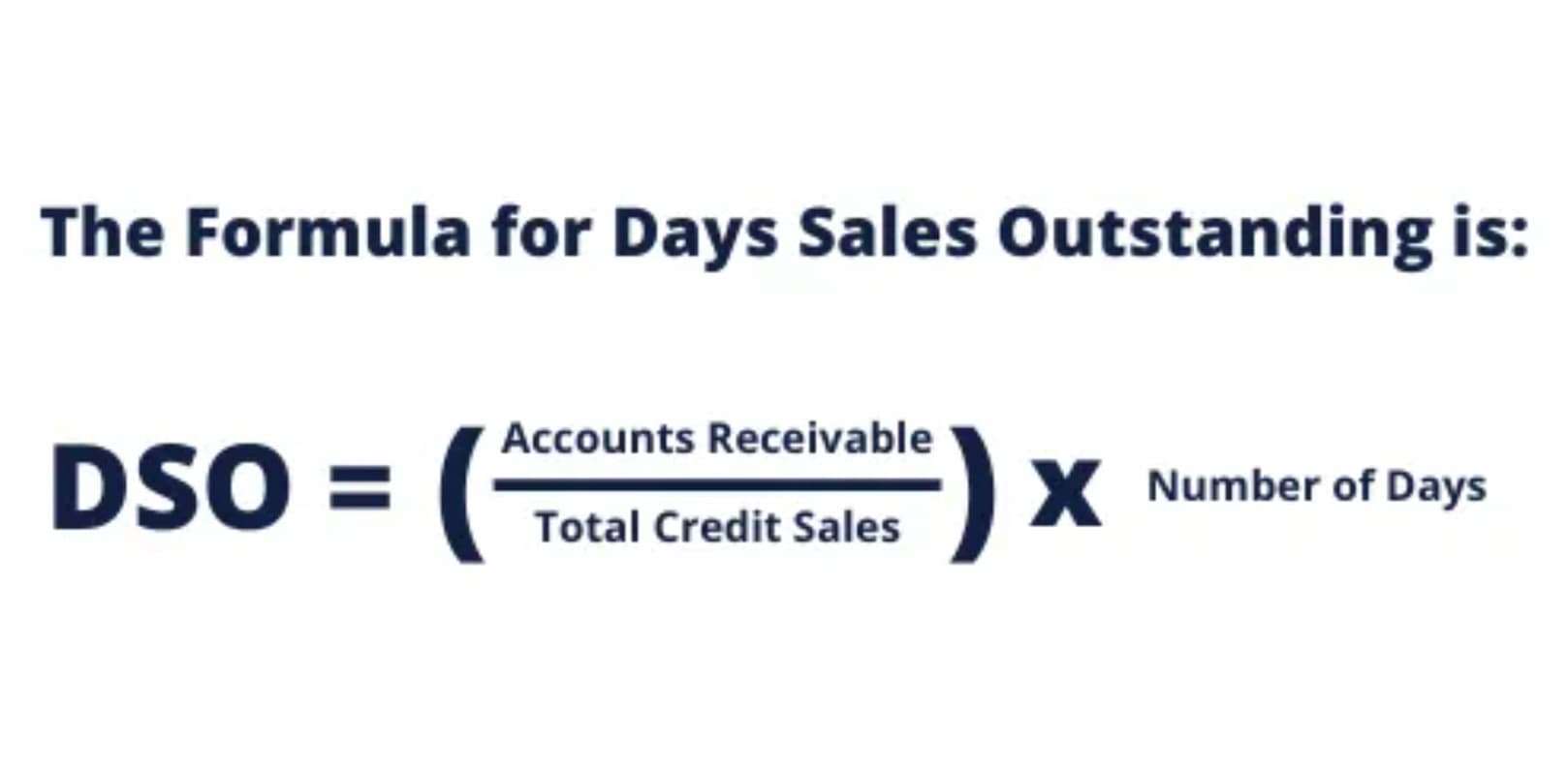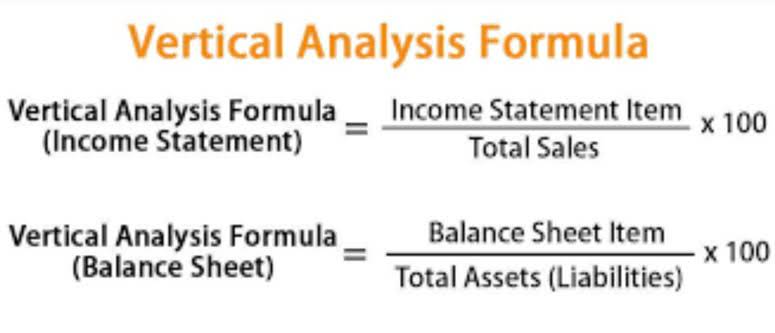
Whether you need a CPA or tax attorney to help with your particular situation, it’s important to find the professional who will work best with you. For instance, when hiring a CPA, look for someone who works with clients in financial situations similar to yours. Make sure you understand what they will require from you and that you feel comfortable speaking with the CPA about your personal or business finances. Often, you’ll hire a CPA to work with you for many years, so you’ll want to pick someone you trust.

Working in Residential Care Services
As long as a CPA or tax preparer has their preparer tax identification number (PTIN), they can help prepare and file your taxes. However, as the IRS notes, tax professionals have different levels of skills, education, and expertise, so always double-check your tax returns before filing them. A Certified Public Accountant (CPA) is a licensed accounting professional who has passed the Uniform CPA Exam and met state-specific education, experience, and unearned revenue ethics requirements. CPAs specialize in financial reporting, auditing, taxation, and business advisory services for individuals and organizations.
The requirements to become a CPA
If your tax concerns involve legal complications, such as audits, appeals, or criminal allegations, a tax attorney is the better choice. Determining the type of tax preparer who best suits your specific needs depends on your unique situation. The CPA is the gold standard of accounting credentials, and many taxpayers prefer the sense of security the designation provides. CPAs may also be a better choice for individuals and businesses who seek a broader array of accounting services in addition to difference between accountant and cpa tax work.
FM Nirmala Sitharaman tables new income tax bill 2025 in parliament, seeks committee formation for review
CPAs are best suited for financial planning, tax preparation, and compliance, while tax attorneys handle legal disputes, IRS negotiations, and complex tax law interpretations. Choosing the right professional depends on the nature of your tax issue—whether it requires financial expertise, legal representation, or a combination of both. Understanding these differences ensures you receive the appropriate support for your tax-related needs. Optima Tax Relief is the nation’s leading tax resolution firm with over $3 billion in resolved tax liabilities. Both Certified Public Accountants (CPAs) and tax preparers are professionals authorized to prepare and file tax returns.
- They are well-versed in tax codes and regulations but do not specialize in legal disputes.
- You’ll also want to make sure any CPA you’re considering is licensed and has the necessary qualifications to handle your taxes.
- The IRS provides services for these kinds of emergencies through Taxpayer Assistance Centers, however, you must call ahead and make an appointment.
- Shaun Conrad is a Certified Public Accountant and CPA exam expert with a passion for teaching.
- This is beneficial in cases in which complicated tax issues arise, as the business owner can be confident they’re proceeding legally, per all state and federal tax laws.
- Among the professionals available to help, accountants and tax preparers often come up in conversations.
Accountants charge more than tax preparers, given their advanced expertise. Rates can vary, and it’s a good idea to understand the fee structure upfront. Some CPAs charge hourly rates, while others may offer flat fees for specific services like tax preparation.

CPAs must demonstrate broad financial knowledge to earn the designation, so they tend to work in a variety of settings. CPA specialties include auditing financial records, governmental accounting, financial planning and analysis, litigation services, and tax preparation. CPAs hold the right to represent any kind of taxpaying individual or entity on any tax matter before the Internal Revenue Service (IRS). Choosing between a tax attorney and a Certified Public Accountant (CPA) for your tax needs can deeply impact your financial outcomes. Each professional brings distinct expertise, making it important to Legal E-Billing understand their specific roles when addressing complex tax issues.
- These certifications require rigorous testing and ongoing education, ensuring accountants remain up-to-date with evolving laws and financial practices.
- This enables them to retain their professional acumen and offer quality services.
- For those considering a career in accounting, becoming a CPA is one of the most rewarding paths to professional success.
- So, here are answers to a few frequently asked questions and some tips to get you started.
- A minimum of 150 semester hours is needed, with a certain percentage of those hours dedicated to business or accounting.
Be proactive when searching for a CPA or tax attorney

For example, a tax accountant will be more helpful with tax planning and strategies to help find deductions and lower tax liability. A compliance accountant knows state and federal tax laws, and they work with businesses to keep them compliant and avoid an audit. For example, a local CPA or tax attorney will have a better understanding of the tax laws and regulations where you live, including any tax credits, tax deductions, or filing deadlines specific to your area. CPAs are generally better suited for preparing and filing income tax returns. They have extensive training in accounting and tax preparation, making them well-equipped to handle both personal and business returns.

Create a smooth and efficient tax season with our year-end checklist for accountants. The rules and requirements for becoming a Certified Public Accountant (CPA) can vary by state but some are common. Both CAs and CPAs can boost their earning potential by pursuing additional certifications or advanced degrees.
